Parliament approves boost in Swiss army spending
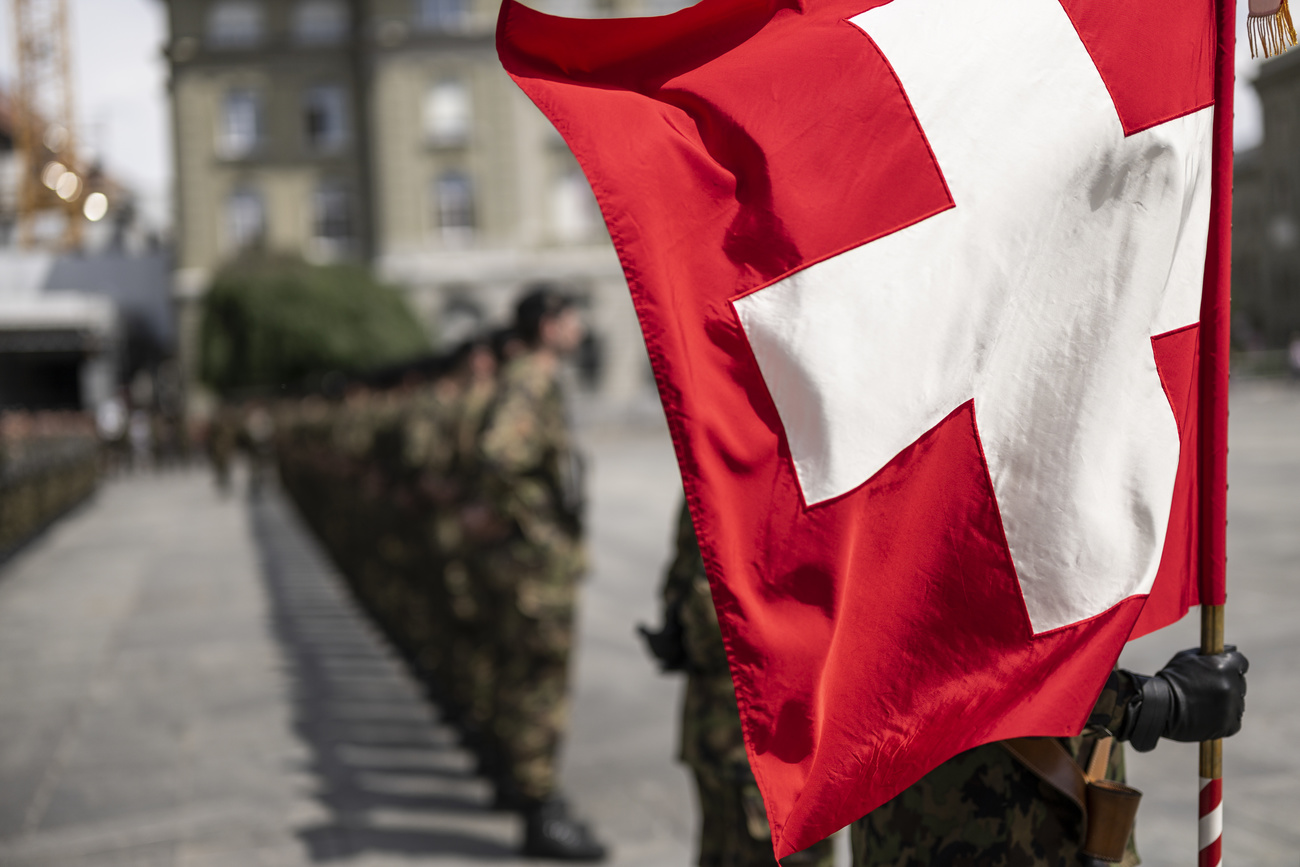
Both chambers of parliament have come out in favour of increasing military spending from CHF5.6 billion to CHF7 billion ($5.8 billion to $7.3 billion) by 2030.
A Senate decision on Thursday, after the House of Representatives last month, means the army budget will gradually rise to reach at least one percent of gross domestic product (GDP) by 2030.
The boost marks a reversal of the post-Cold War trend, which has seen military spending fall from 1.34% of GDP in 1990 to 0.67% in 2019.
But since the Russian invasion of Ukraine, and the subsequent debates about national security, the political tide has turned. On Thursday in parliament, Defence Minister Viola Amherd said that the budget hike would enable the armed forces to “close gaps in capabilities faster than previously foreseen”.
The specific areas to be covered by the funding are not named; these will be part of the army’s annual budget overview, also debated each year by parliament. However, Amherd mentioned the replacement of ageing equipment for ground troops as well as investment in new cyber-defence mechanisms.

More
Swiss defence minister repeats calls for stronger army
Left-wing opposition
Left-wing politicians voted against the budget raise, fearing that the extra funding would lead to shortfalls in other areas of spending like health and social services. Others complained about the lack of clarity as to how the money would be spent.
Defenders of the move replied that army investment was vital for national defense, and that the money was not a carte blanche for the army. Rather, it gives the forces the “security to plan” for years ahead, said Radical Liberal leader Thierry Burkart.
The decision also comes as another army budget issue – the purchase of new F-35A fighter jets from US firm Lockheed Martin – remains controversial. Voters narrowly approved CHF6 billion in funding for new jets in 2020, and the government is keen to push through the deal quickly. Left-wing groups however, who see the F-35s as unnecessary attack planes unsuited to Swiss needs, have gathered signatures and still want to challenge the deal to another public vote.

In compliance with the JTI standards
More: SWI swissinfo.ch certified by the Journalism Trust Initiative
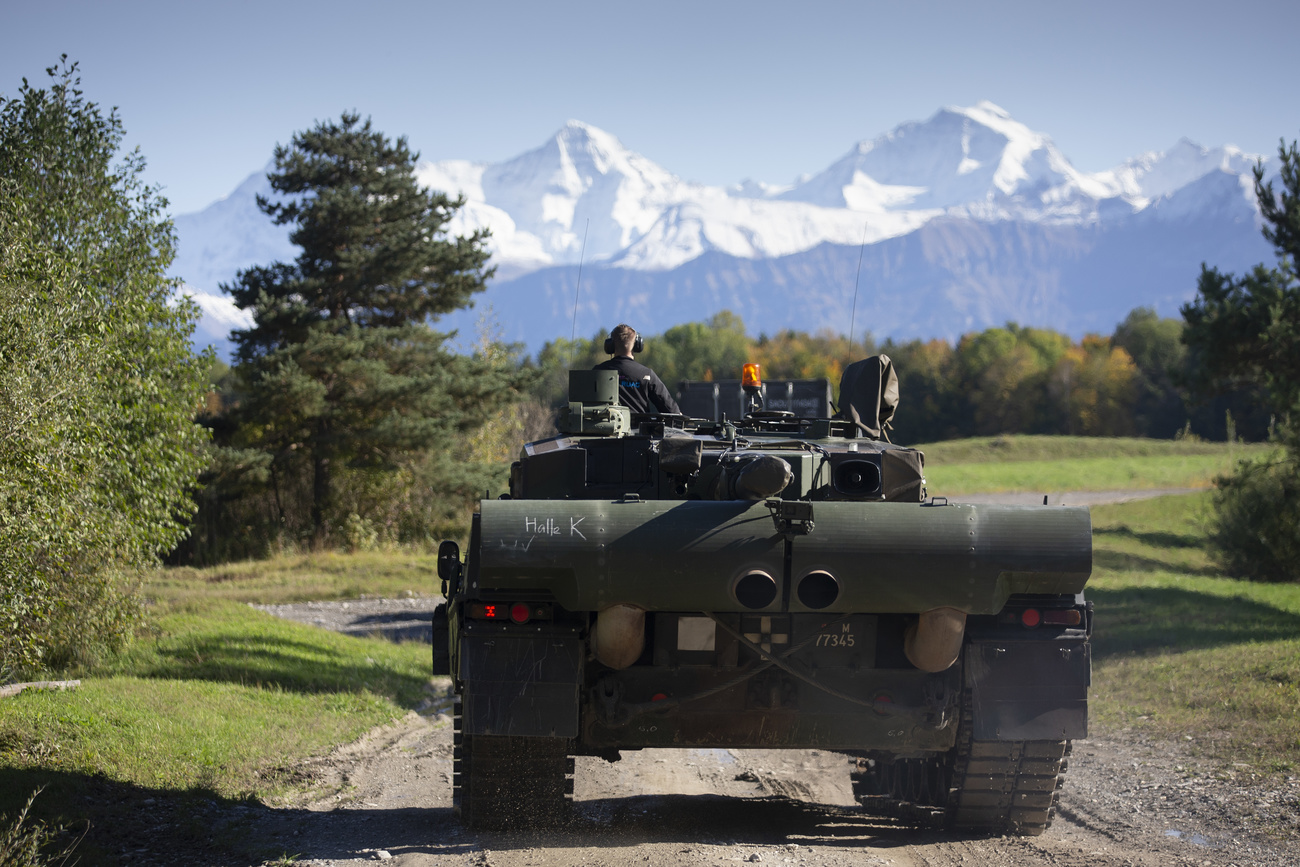
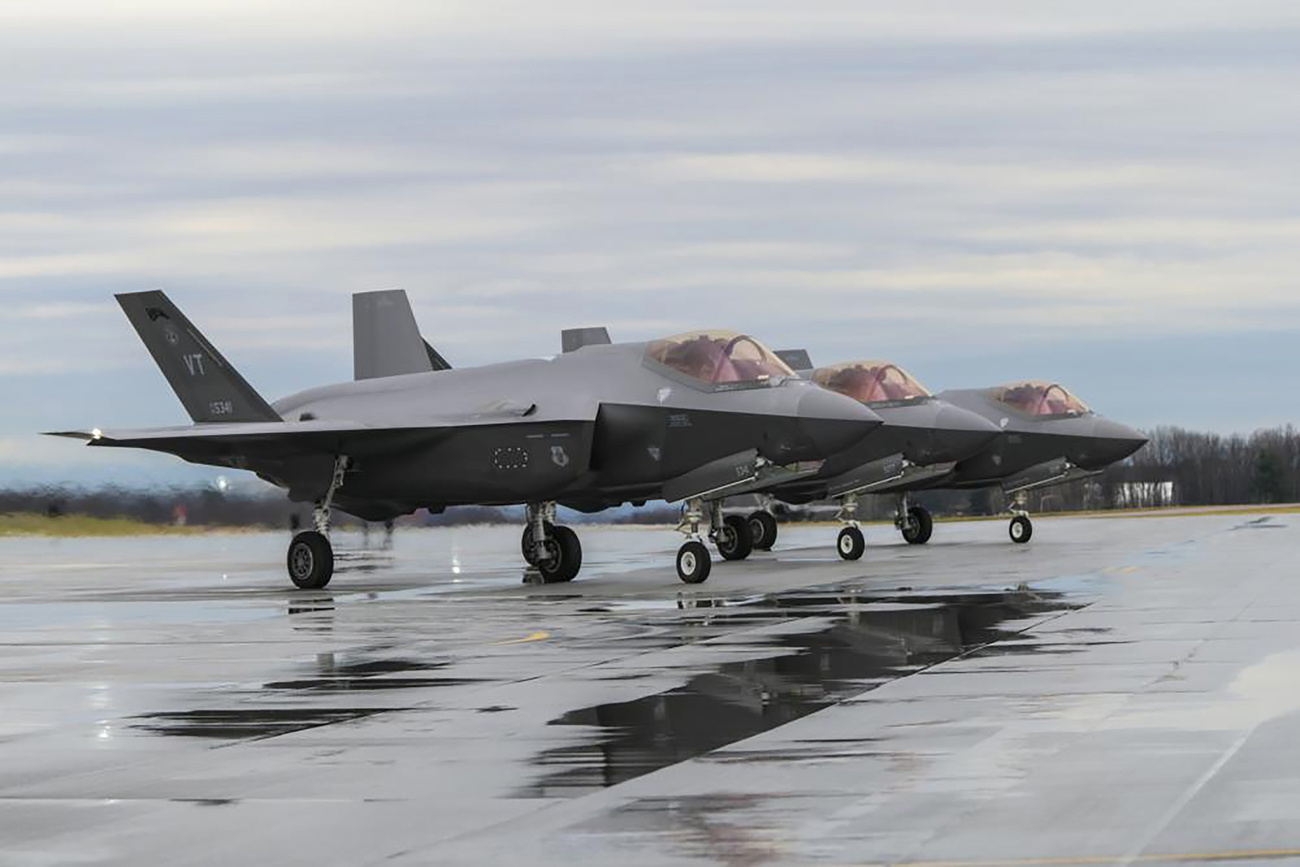
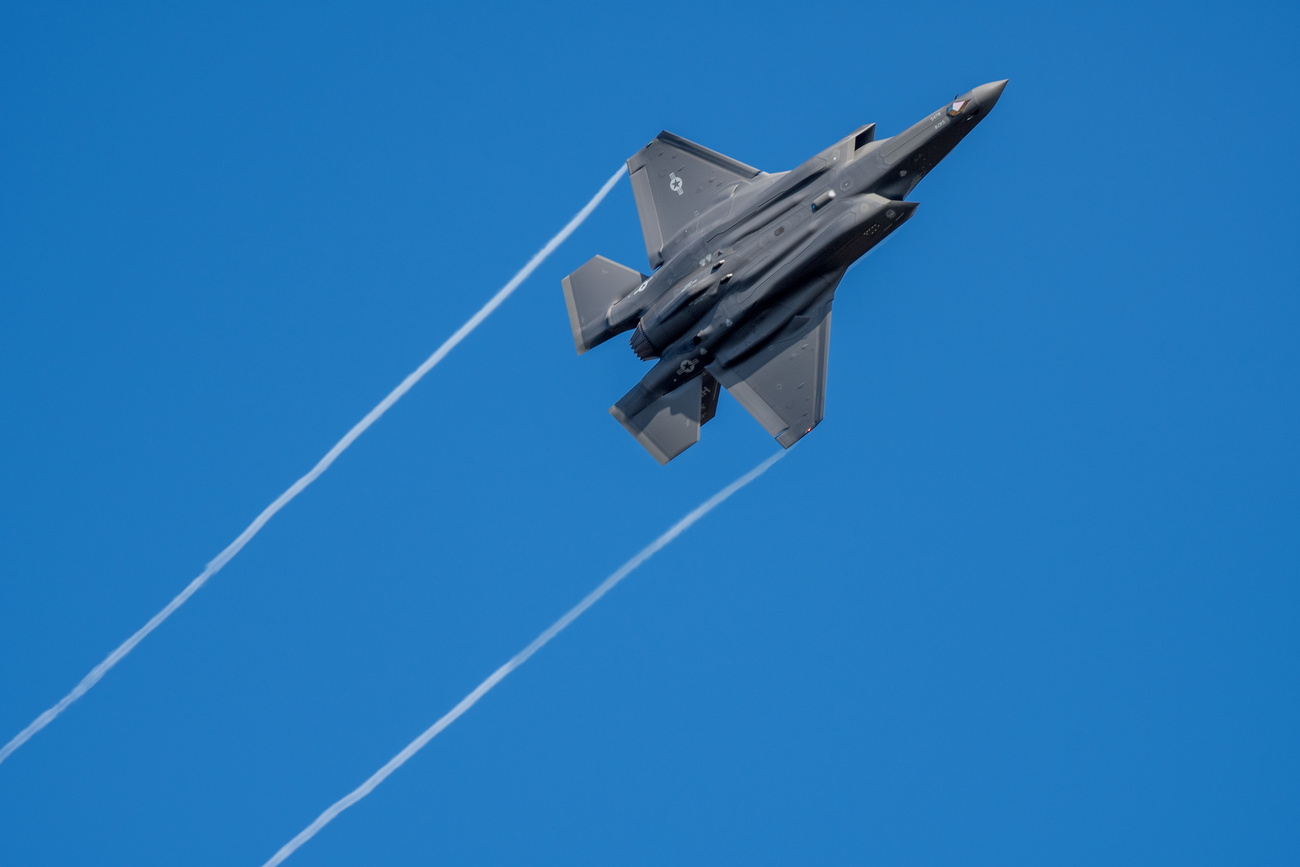
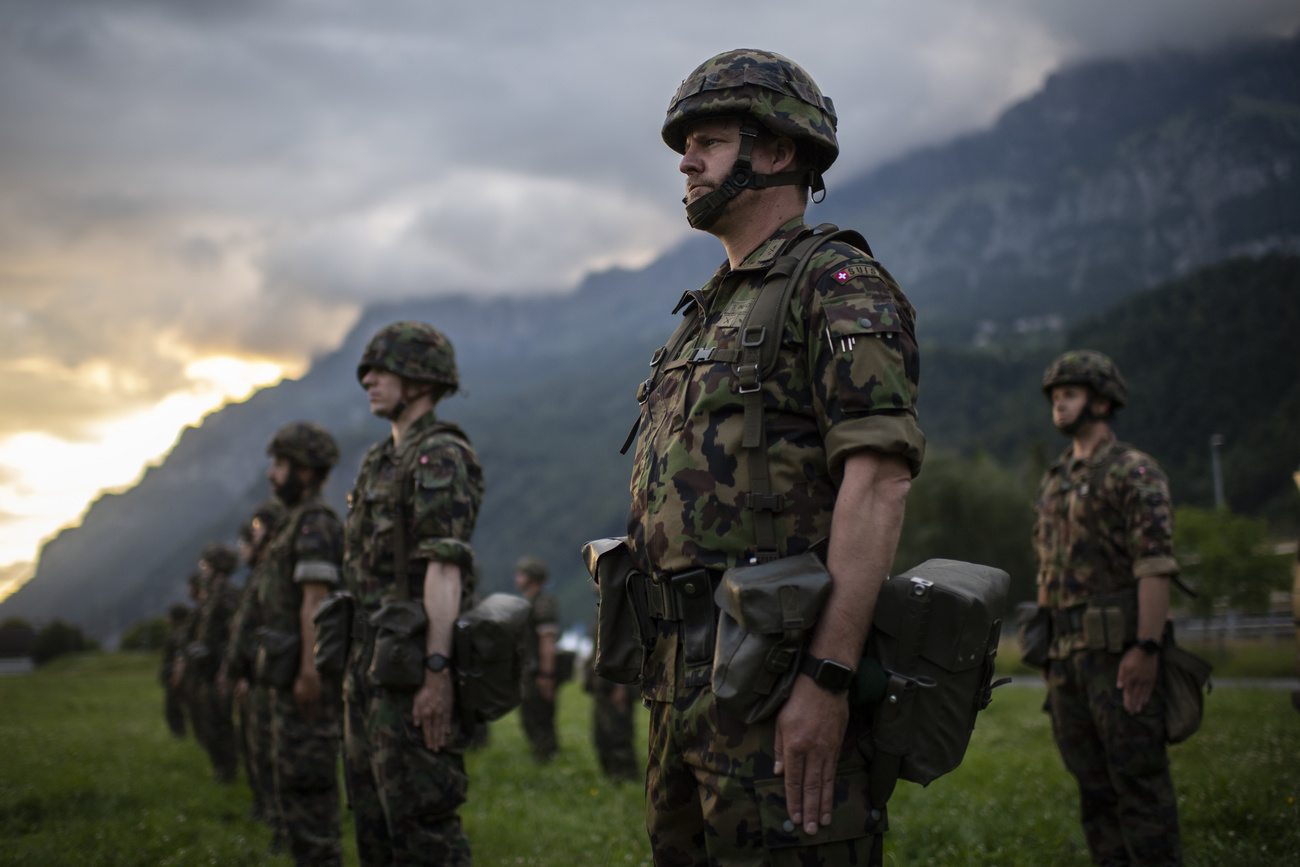
You can find an overview of ongoing debates with our journalists here. Please join us!
If you want to start a conversation about a topic raised in this article or want to report factual errors, email us at english@swissinfo.ch.